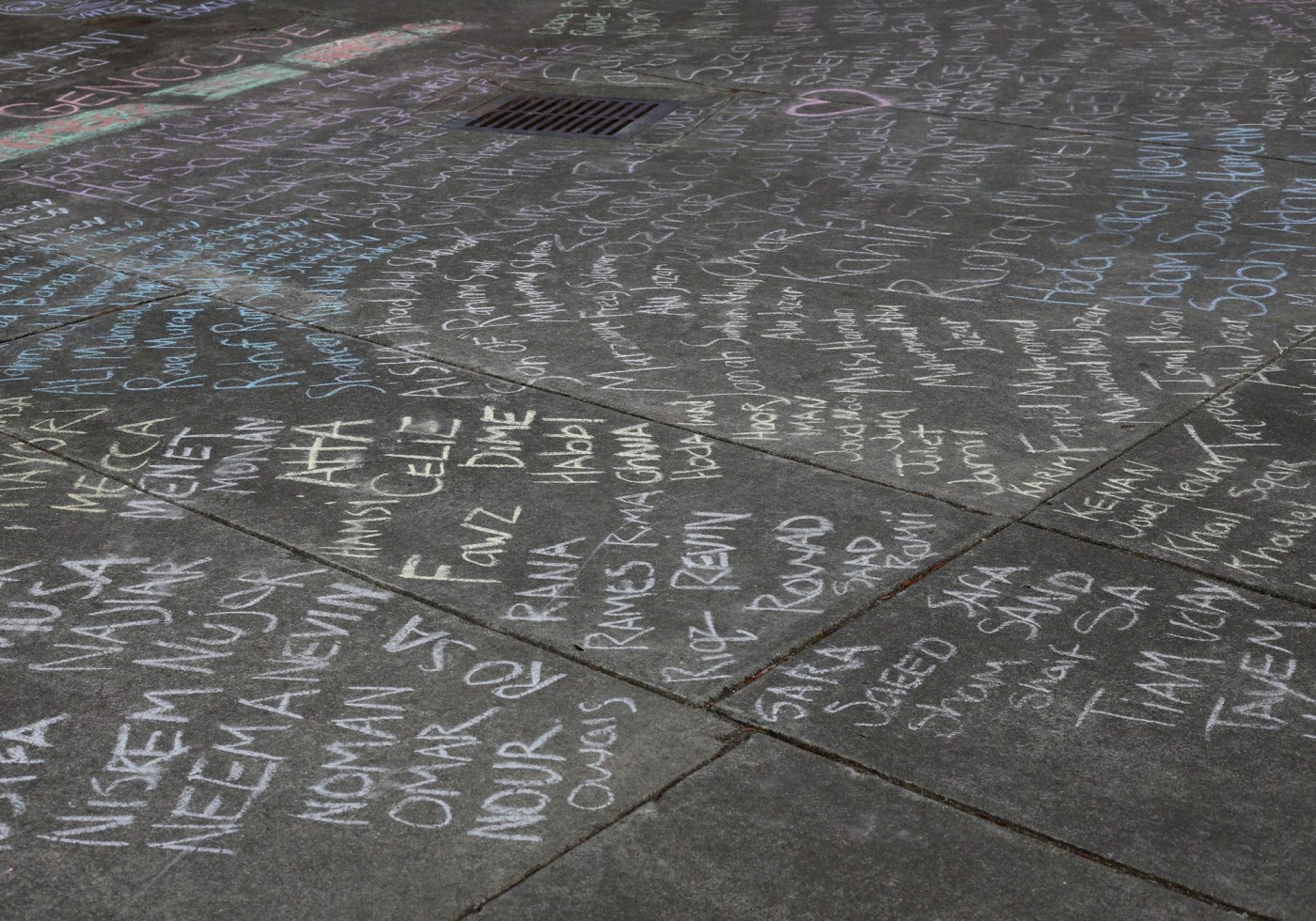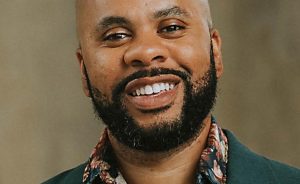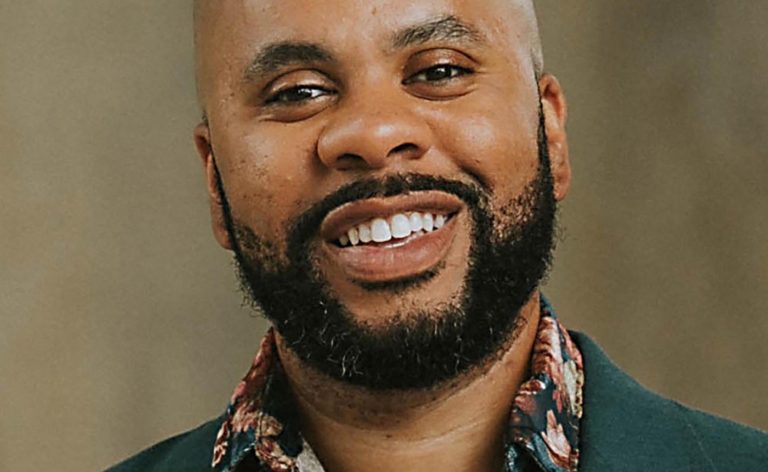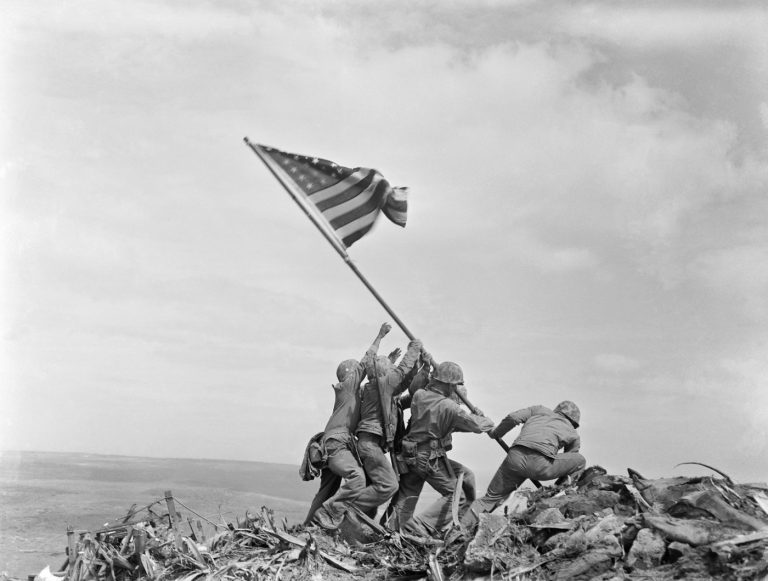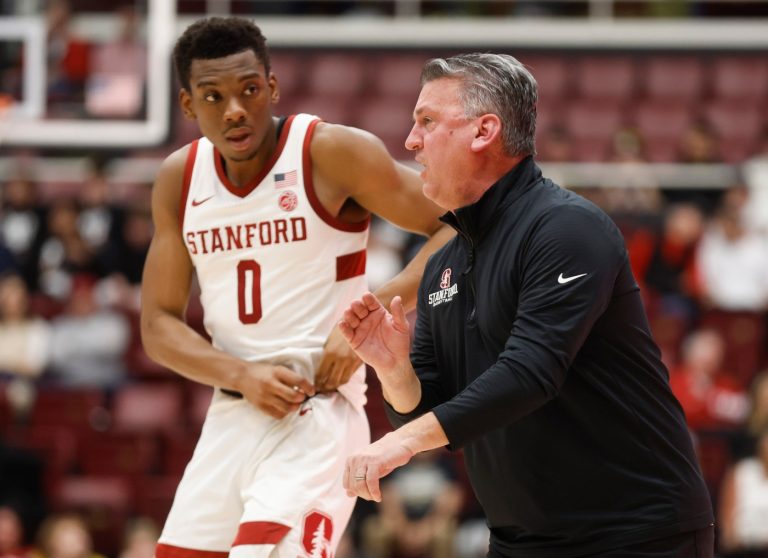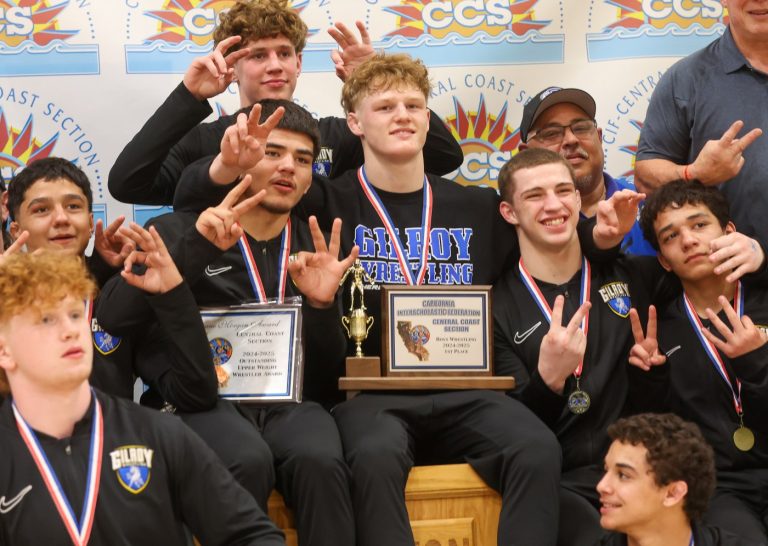Ongoing protests at Cal Poly Humboldt, now in their second week of students camping on university grounds and barricading themselves inside Siemens Hall, recently drew attention from the American Civil Liberties Union.
Abdi Soltani, the executive director of the ACLU’s Northern California Branch, said he toured campus speaking with faculty and students about their concerns. President Tom Jackson told the Times-Standard on Friday that – while the university is attempting to negotiate a peaceful resolution – the university has not ruled out using police to forcibly remove students from campus, a move Soltani advised against.
“When law enforcement is involved, there’s always the risk of excessive force, there’s also the risk of injury,” Soltani said. “The best course is for the university to use the tools of dialogue and negotiation to find a resolution that does not require law enforcement.”
In 2012, the ACLU represented students in a lawsuit against the University of California, Davis, accusing their police of excessive force – such as pepper spraying seated, non-resisting, handcuffed students – when breaking up Occupy Wall Street protests, resulting in the university paying a $1 million settlement.
However, when asked if the ACLU would represent protestors if they were arrested at Cal Poly Humboldt – where the university claims they created a conservatively estimated $1 million of damages by breaking windows, spray painting university property, trashing offices and destroying computer equipment – Soltani was non-committal, though his organization has a legal intake line at aclunc.org/our-work/get-help.
Related Articles
Cal Poly Humboldt student protesters remain on campus despite closure
UCLA faculty walk out as pro-Palestinian demonstrations, counterprotests grow across California campuses
Blow: The ghost of the 1968 antiwar movement has returned
Columbia begins suspending students in protest camp
UC Berkeley’s pro-Palestine encampment doubled in size over the weekend but administrators still aren’t budging
“When any government agency uses force and arrests, in order to deal with protesters, those are situations we monitor very closely, and examine the facts and monitor to ensure that all of the protester’s rights under the federal and state constitution, and our state’s use of force and other laws, are adhered to,” Soltani said.
By Monday, the police presence at the university increased following campus’ “hard closure” until May 10. However, students still walked through campus and protests continued camping out, barricading inside Siemens Hall and sitting inside Nelson Hall.
Now in their second week, the protestors are demanding the university disclose and divest from Israel or companies that do business in the country, call for a ceasefire, boycott Israeli universities, change the university’s time, place and manner rules around campus protests and vow no disciplinary or legal action against protestors. Based on the university’s response, which can be found at humboldt.edu/emergency, there appears to be movement on the first few demands, but not the time, place and manner or legal consequences.
In an interview, Jackson said he closed the campus because protestors were attempting to breach other buildings. The police response last Monday, when protestors began a sit-in at Siemens Hall that escalated into full-blown occupation following a clash with law enforcement that left three students arrested, and subsequent administrative actions led the local California Faculty Association chapter and academic senate to issue a vote of no-confidence in Jackson.
More coverage of the protest on Monday can be viewed at times-standard.com/2024/04/29/protestors-remain-on-campus-despite-closure/
Jackson Guilfoil can be reached at 707-441-0506
